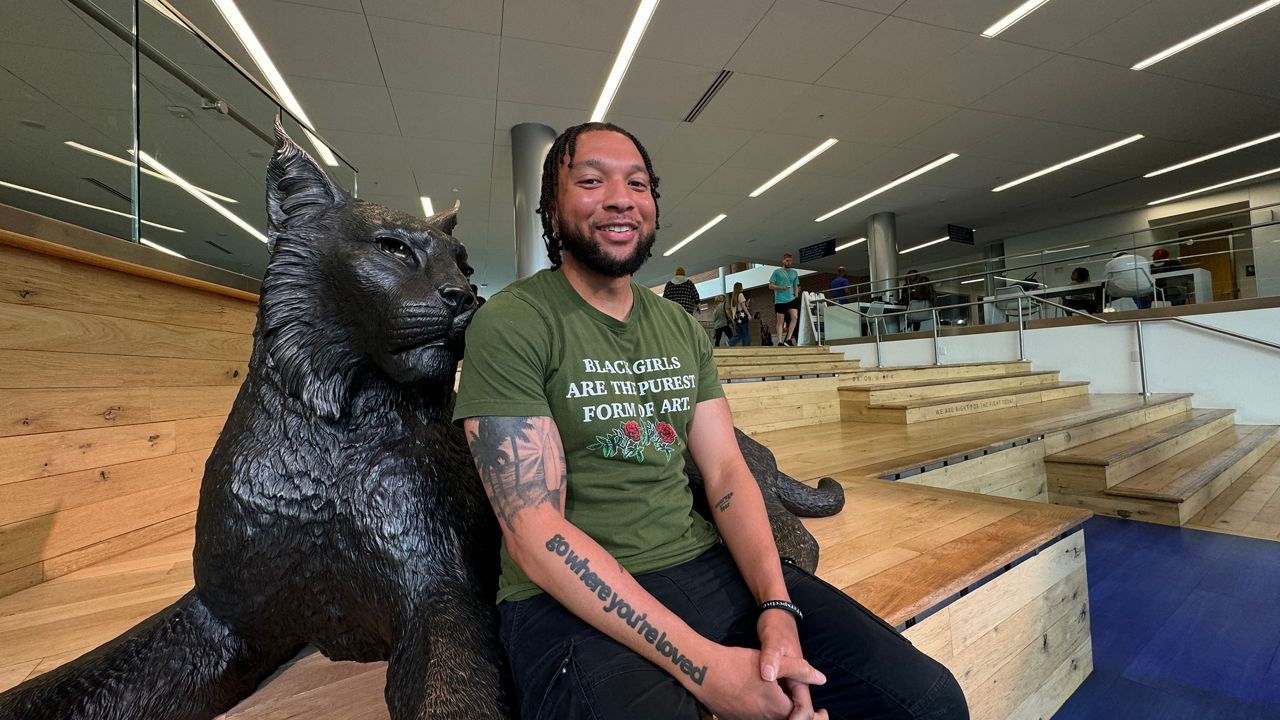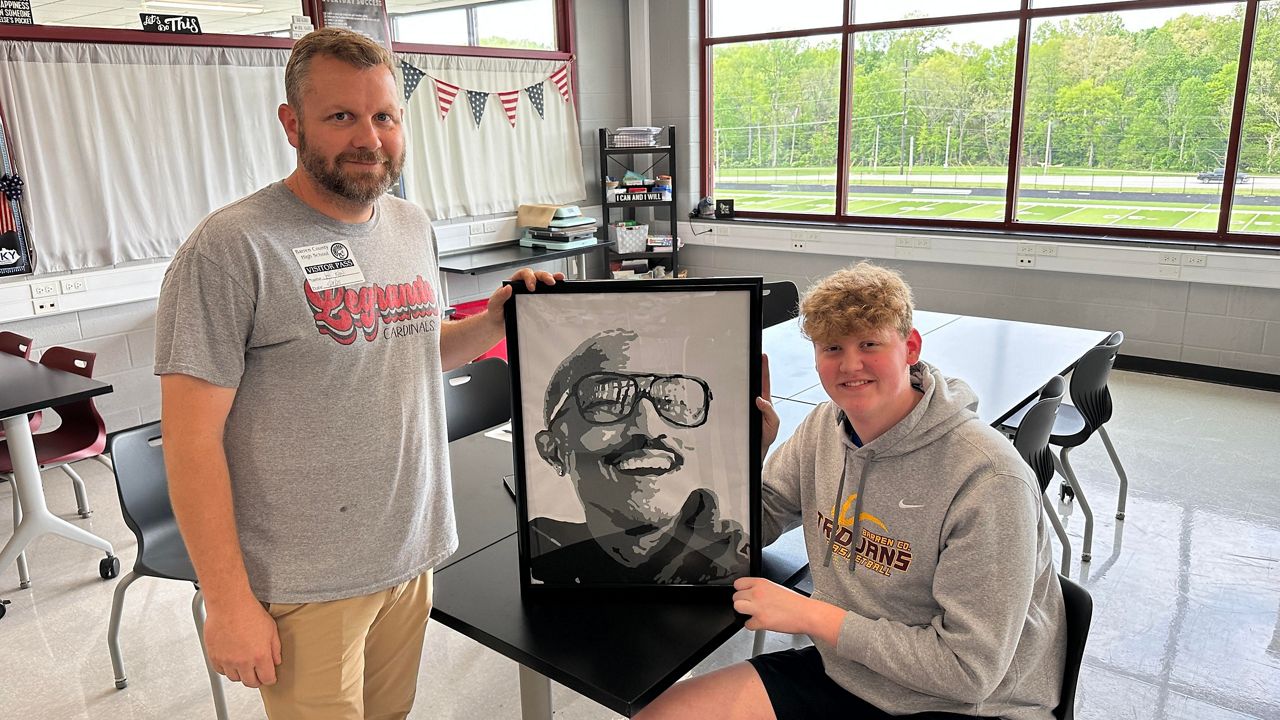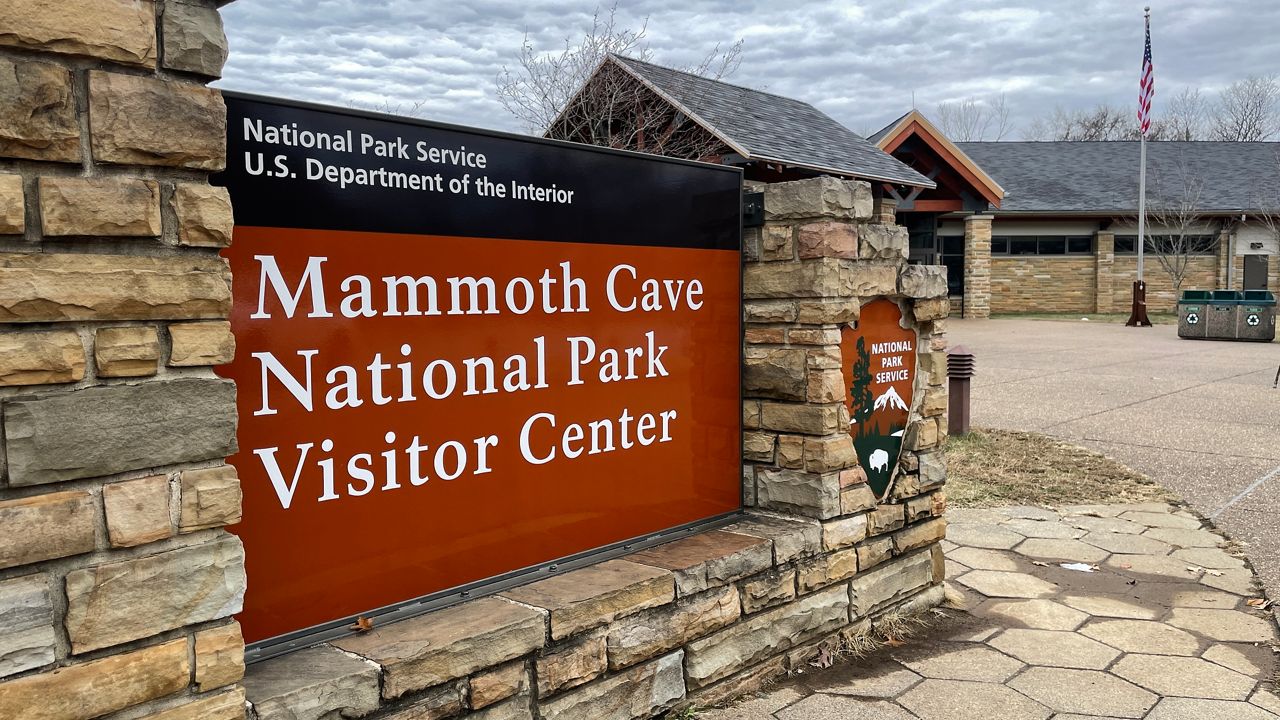LOUISVILLE, Ky. — The Louisville Metro Department of Corrections now offers the first licensed jail-based opioid treatment program in Kentucky.
What You Need To Know
- The Louisville Metro Department of Corrections now offers a licensed jail-based opioid treatment program
- YesCare, a correctional health care company, partnered with LMDC in March 2024 to help launch it
- The program includes the use of medication combined with counseling for treating opioid addiction
- Louisville was fourth in overdose death rates in municipalities with more than 500,000 people at the start of 2024
LMDC Chief Jerry Collins said Louisville was fourth in overdose death rates in municipalities with more than 500,000 people, behind Baltimore, Philadelphia and Nashville, Tennessee, at the beginning of 2024.
“We've currently dropped to ninth, although that's not where we want to be," Collins said. "I think we are showing an improvement in the community."
Collins said he thinks the drop is in part thanks to LMDC’S treatment program, approved by the U.S. Food and Drug Administration.
“We have a vision that we want to increase mental health ... a big part of the health care in jail is treating opioids, opioid use disorder," Collins said.
YesCare, a correctional health care company, partnered with LMDC in March 2024. Chief Strategy Officer Steve Tomlin said they're selective of their partners but saw an opportunity to do good work with LMDC.
“As a treatment provider, this is what you look for: people that want to be part of this, that want to be part of the solution, that want to be engaged in this," Tomlin said. "I think what you're seeing here with the MAT (medication assisted treatment) program is good treatment equals good security. Good security equals good treatment."
Collins said LMDC has been the largest detox center in the region for a long time and is transitioning into treating people.
“Unfortunately, 85% of the prison population in the U.S. have drug-related convictions and/or active substance use disorder," Collins said. "What that tells us is that we have to deal with that."
Collins added he hopes to continue to raise awareness. More than 1,000 people went through the program from April 2024 to Jan. 2025.











